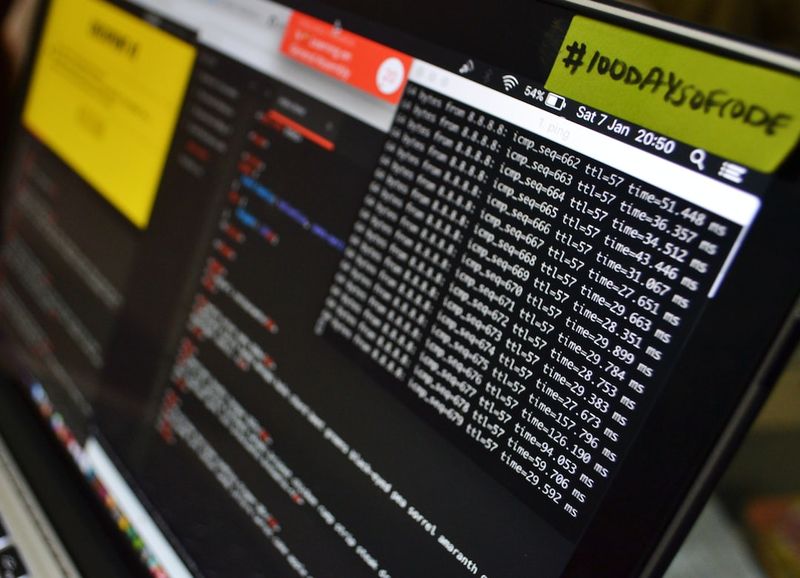Data Breach Cost Reaches Record High
IBM has published its 2023 Cost of a Data Breach Report, revealing that the average cost of a data breach worldwide has reached a record high of $4.45 million. This represents a 42% increase in detection and escalation costs over the past three years. The report highlights the evolving threat landscape and emphasizes the importance of organizations investing in robust cybersecurity measures to protect sensitive data.
Government Agencies Vulnerable to Phishing Attacks
The Cybersecurity and Infrastructure Security Agency (CISA) has released its Risk and Vulnerability Assessment report for fiscal year 2022. The report concludes that threat actors continue to rely on phishing attacks and the use of default credentials to successfully compromise government and critical infrastructure organizations. These findings underscore the need for improved employee awareness training and the adoption of strong authentication measures to mitigate the risk of cyberattacks.
Flaws Found in Wi-Fi USB Adapter and WordPress Plugin
Users of the D-Link DWA-117 AC600 MU-MIMO Wi-Fi USB adapter have been alerted to a vulnerability that could be exploited for local privilege escalation. D-Link has released a patch to address this flaw. Additionally, WordPress security firm Patchstack has identified vulnerabilities in the popular Ninja Forms plugin, which has over 900,000 active installations. These vulnerabilities could enable unauthenticated attackers to gain access to sensitive information and escalate their privileges on targeted WordPress websites. It is crucial for users to update their plugins promptly to protect their websites from potential attacks.
Jenkins Server Vulnerabilities Patched
The developers of Jenkins, an open source automation server, have addressed several vulnerabilities in their latest security updates. One of the patched vulnerabilities is a high-severity cross-site scripting (XSS) flaw that could allow attackers to manipulate build log contents, potentially leading to further compromise of the Jenkins server. Companies using Jenkins should prioritize installing these updates to enhance the security of their automation processes.
Russian Hackers Target Diplomatic Entities
A new report from cybersecurity firm Recorded Future has revealed that Russia-linked Advanced Persistent Threat (APT) actor BlueBravo, also known as APT29 and Midnight Blizzard, has been targeting diplomatic and foreign policy institutions in Eastern Europe since January 2023. The attacks involve the use of three new malware families: GraphicalNeutrino, QuarterRig, and GraphicalProton. The report provides a technical analysis of the malware and the tactics used in these attacks. This development highlights the ongoing sophistication and persistence of state-sponsored cyberthreats.
North Korean Hackers Compromise Software Provider
Mandiant, a leading cybersecurity firm, has disclosed technical details about the recent compromise of a US-based software solutions provider through the JumpCloud cyberattack. The attack, attributed to a North Korean threat actor known as UNC4899, resulted in the compromise of five JumpCloud customers. The attacker’s primary focus was cryptocurrency theft. This incident once again underscores the need for organizations to implement robust security measures, including multi-factor authentication, to protect against advanced persistent threats.
Google Introduces Tracker Alerts on Android
Google has rolled out a new feature on Android devices that notifies users when an unknown Bluetooth tracker, separated from its owner, is in close proximity. Users are given the option to learn more about the tracker and can manually scan their surroundings for other potential trackers. This initiative aims to protect users from unwanted Bluetooth tracking and raises awareness about the potential privacy risks associated with such devices. It is a positive step towards empowering users to take control of their digital privacy.
Adaptive Shield Receives Funding for SaaS Security
Adaptive Shield, a provider of security solutions for Software-as-a-Service (SaaS) applications, has secured $10 million in funding from Blackstone Innovations Investments. This investment brings the total funding for Adaptive Shield to $44 million and will enable the company to continue expanding and proactively address emerging cybersecurity threats. The funding demonstrates the growing importance of securing SaaS applications, as organizations increasingly rely on cloud-based services for their business operations.
Conclusion
This week’s cybersecurity news highlights the ever-increasing cost of data breaches and underscores the importance of organizations investing in robust cybersecurity measures. The prevalence of phishing attacks and vulnerabilities in widely used software and plugins serve as reminders for individuals and businesses to stay vigilant and promptly update their systems and applications. State-sponsored cyberthreats remain a significant concern, as Russian and North Korean hackers target diplomatic entities and software providers. The introduction of tracker alerts on Android devices aims to empower users to protect their privacy. The funding received by Adaptive Shield reflects the growing need for SaaS security solutions in an increasingly cloud-dependent world. Overall, these developments emphasize the critical role of cybersecurity and the need for individuals, organizations, and governments to prioritize internet security and data protection.

<< photo by cottonbro studio >>
The image is for illustrative purposes only and does not depict the actual situation.
You might want to read !
- The Evolution of IcedID Malware: Unveiling its Enhanced BackConnect Module
- The Dark Side Emerges: Exploiting the Citrix ShareFile RCE Vulnerability
- Automating Harmony: The Key to IT Ops and Security Collaboration
- Bolstering Cyber Defenses: Agencies Sound Alarm on IDOR Bugs and Data Breaches
- The Silent Epidemic: Unmasking the Alarming Rise of Infostealers
- How Cybersecurity Lapses are Shaking Up the Healthcare Industry
- Exploiting Tensions: STARK#MULE’s Covert Campaign Targets Korean Population
- The Growing Concern: Majority of MSPs Emphasize Data Security and Network Security for 2023
- The Vulnerable Workout: Unveiling the Security Risks of Peloton Fitness Equipment
- The Unseen Risks: How Peloton Bugs Pose Threats to Enterprise Networks
- Tech Giant Apple Addresses Critical Security Vulnerabilities Affecting iPhones, iPads, and Macs with Urgent Software Updates




